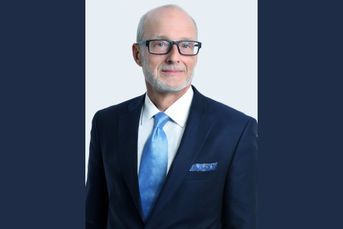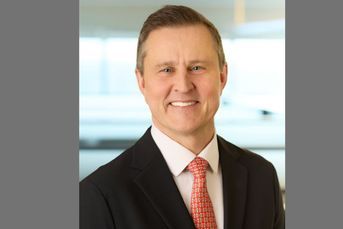Plan sponsors, advisors concerned about the economy, study shows

But the two groups are almost evenly split on the outlook for inflation in the coming year, according to a study by Ubiquity.
Both retirement plan sponsors and financial advisors say a potential recession is their top concern in 2023. But the two groups are almost evenly split on the direction of inflation in the coming year, according to a new study.
Financial technology provider Ubiquity released its inaugural State of the Industry survey Thursday, revealing industry concerns around the economy and its impact on the performance of 401(k) plans. The study found that plan sponsors and financial advisors have opposite expectations for inflation at the end of 2023.
According to the data, 56.4% of advisors expect inflation to be lower by the end of 2023 versus its level in the fourth quarter of 2022, while 57.3% of plan sponsors expect inflation to be higher at the end of 2023 versus Q4 2022.
“One side will obviously be proven correct,” said Chad Parks, founder and CEO of Ubiquity. “I’m curious to see where inflation will wind up at the end of 2023 and whether plan sponsors or financial advisors had a better feel for this in Q4 2022.”
Despite their diverging opinions on inflation, plan sponsors and financial advisors agree there will likely be two interest rate hikes from the Federal Reserve in 2023, according to the study.
When it comes to the economy, the report showed 61.9% of plan sponsors and 57.4% of financial advisors are concerned about how a recession may affect the performance of 401(k) plans this year. Worries about inflation and poor investment returns also ranked high for both groups, nevertheless, 80.3% of plan sponsors expect to maintain their employee match.
“With both groups forecasting a pair of rate hikes from the Federal Reserve in 2023, low-cost and effective retirement plan solutions are a necessary component of a small business offering and benefits plan,” Parks said.
The survey revealed that 34.2% of plan participants ranked “saving enough money” as their top concern for retirement and that 57.7% currently don’t think they are saving enough. Along similar lines, 35.7% of solo 401(k) users agreed that saving enough is a top concern, and 69.2% of plan participants expect to make no changes to their 401(k) contributions. Finally, 60% of solo 401(k) users also said they plan to make little to no changes to their 401(k) contributions, the survey said.
In terms of their appetite for risk, the report showed that 74.3% of plan participants will make little to no change to their risk tolerance. That number declines to 52.5%, however, when it comes to solo 401(k) users.
“The average plan sponsor spends less time on the details of markets and more with feedback from participants who are feeling increased pressure from inflation and using personal experiences to determine that inflation has not come down,” said Phil Blancato, chief market strategist at Advisor Group. “I would also assume that the average plan sponsor hears more from retirees with larger holdings and less so from younger investors adding to the concerns about the current inflation. In other words, plan sponsors have a backward-looking view of inflation.”
“Conversely, financial advisors have a forward view on inflation due to data they are provided and more insight into industry expectations,” Blancato added. “Additionally, financial advisors should be aware that current interest rates have peaked and have been coming down for multiple months, which may not be the case for the sponsors.”
‘IN the Nasdaq’ with Lloyd Nemerever, head of municipal bonds SMA strategies at Franklin Templeton
Learn more about reprints and licensing for this article.








